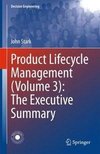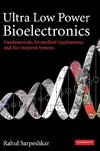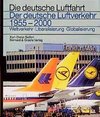
-
 Anglický jazyk
Anglický jazyk
Impact of FSW parameters on mechanical properties of Al-Mg-Si alloy
Autor: Kulbir Singh Sandhu
Aluminium alloys are widely used in automobiles, railways, aerospace, and structural industry due to their lightweight, good strength-to-weight ratio, corrosion resistance, and recycling potential. For manufacturing purposes joining of aluminium is very... Viac o knihe
Na objednávku
40.68 €
bežná cena: 45.20 €
O knihe
Aluminium alloys are widely used in automobiles, railways, aerospace, and structural industry due to their lightweight, good strength-to-weight ratio, corrosion resistance, and recycling potential. For manufacturing purposes joining of aluminium is very necessary. Due to the presence of a thin oxide layer, conventional joining techniques are not that useful as these are susceptible to certain welding defects like porosity and cracks. Friction Stir Welding (FSW) is an innovative solid-phase welding process in which the metal to be welded does not melt during welding thus cracking and porosity often associated with fusion welding processes are eliminated. FSW is an advanced manufacturing technology in which a non-consumable rotating tool creates a weld joint through frictional heat and plastic deformation at a temperature below the melting point of the joined alloys. It is being extensively used in the joining of structural aluminum alloys. The present work aims to study the influence of tool rotation speed and transverse speed on the microstructure and mechanical properties of the Aluminum-Magnesium-Silicon (6xxx series) alloy.
- Vydavateľstvo: LAP LAMBERT Academic Publishing
- Rok vydania: 2024
- Formát: Paperback
- Rozmer: 220 x 150 mm
- Jazyk: Anglický jazyk
- ISBN: 9786208119331











 Nemecký jazyk
Nemecký jazyk 